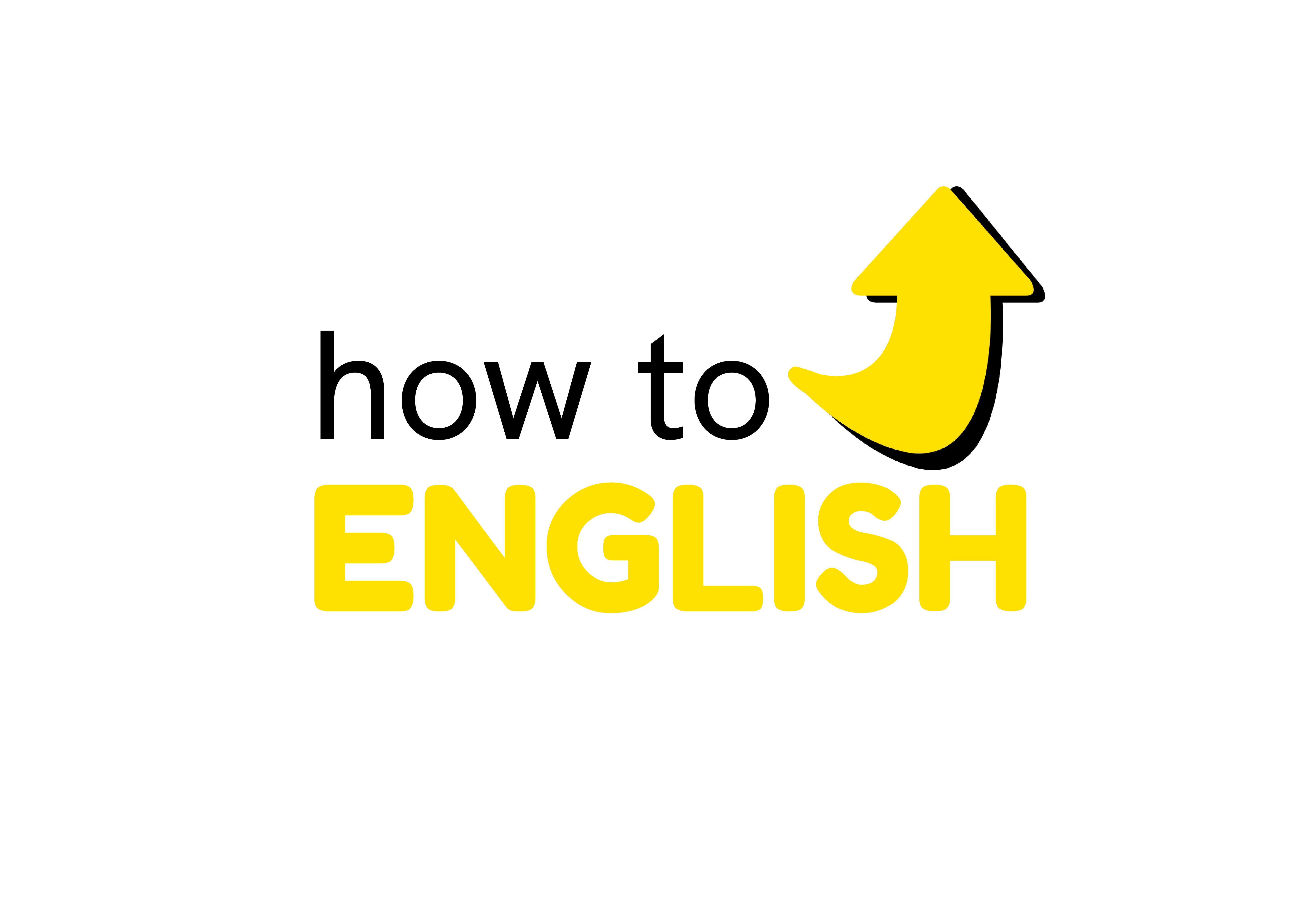I’m a huge fan of learning the absolute minimum that is required to actually understand and be able to use something.
When I say something, I mean a language point or grammar point in English.
When you learn the absolute minimum, you maximise what you learn.
“Eh..?”
Let me explain.
For example, imagine you want to learn the tenses in English.
Maybe you’re thinking you need to go and learn and practise all of them, going through the rules, some practice exercises and everything else.
That, however, is not the most efficient way to go about it.
The most efficient way to do it is to establish which tenses are used in the same way in your language and which ones are different.
When you know which ones are the same in your language and which ones are different, then you know which ones you should spend more time learning and practising.
Learn and practise only what is different in your language. You don’t need to learn the rest, you already know it!
This goes for tenses, prepositions, adverbs, conditionals, and so on and so forth.
This is not lazy learning.
It is efficient learning.
Efficient learning is making the most of the time you spend learning, and avoiding wasting time learning things that you don’t need to learn.
[thrive_leads id=’1049′]
When you train to be a teacher, they teach you how to explain a particular grammar point.
They teach you how to write the rules on the whiteboard, explain when you use it and when you don’t. Then the students copy into their notebooks what you have written and then you start doing some practice exercises.
And normally, they are able to use it correctly in the classroom.
But then they leave the classroom and they have problems using it in a real conversation.
The reason is because the emphasis is on learning the rule, not understanding the situation that the rule is trying to describe.
But we know that the brain doesn’t really understand grammar rules, the brain only really understands situations.
You may be able to remember a grammar rule but can you apply it and use it correctly when you want to speak?
If you can’t use it, then it’s a waste of time.
Being able to use it correctly is the only important thing.
A grammar rule is a written interpretation of a particular situation. When you see a grammar rule, don’t look at the words and try to memorise them.
You need to imagine the situation that the rule is trying to describe.
When you have an image of the situation in your head, that’s when you really understand what situations a particular tense is used in.
And that’s how you should spend your time learning, practising and perfecting the tenses.
Don’t just look at and memorise the rule. Forget the rule. Imagine and describe the situation the tense is used in.
Then, imagine the same situation in your language.
Then ask yourself, “What would I say in my language in this same situation?”
Then you will know how to use a tense and how to translate it correctly into your language.
This will feel strange in the beginning as you probably aren’t used to analysing language in this way, not even your own language.
But doing this will give you the best understanding of a tense.
When you establish which are different from the ones in your own language, go learn and practise those ones only.
The brain likes to learn languages in a particular way.You should always make sure that you learn in a way that your brain will respond positively to.
When you give the brain what it likes, it gives you the results you are looking for.
I always say, feed your brain what it likes to eat, everything else it will spit out.
The brain likes situations, visuals and context to understand language. It doesn’t like grammar rules.
It will happily consume and respond positively to visuals, situations and context. It will spit out grammar rules and other lifeless words and sentences.
If you try to fight your brain, you will either waste time or lose.
So work with the brain.
Give the brain what it wants, and it will give you the results you want.
